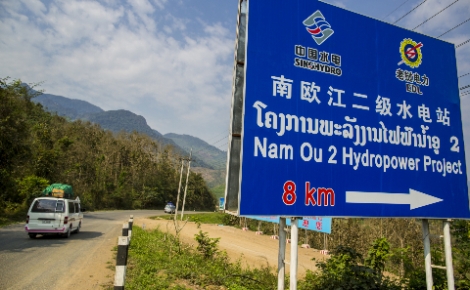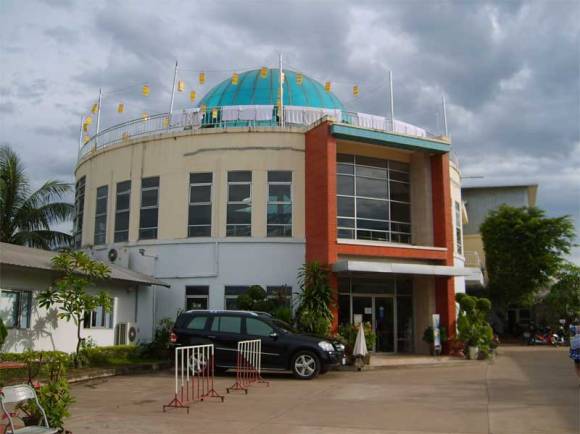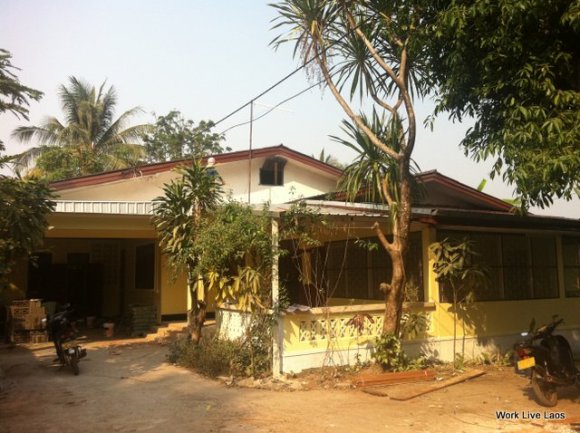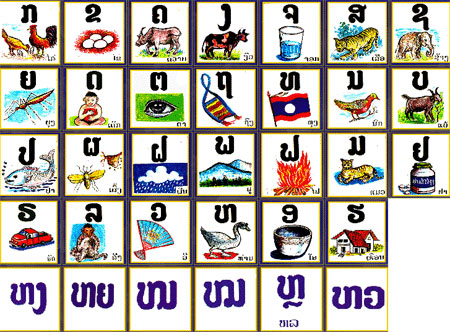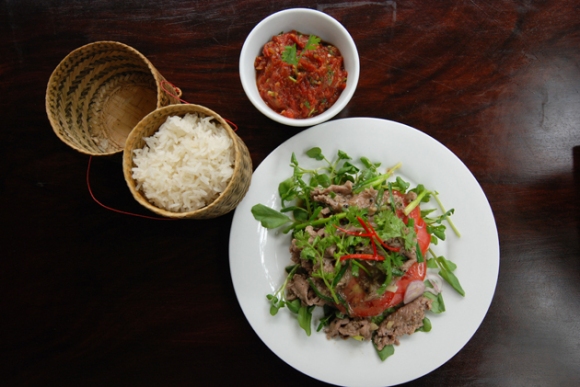
When falang first arrive, they envision strolling confidently through the local market, greeting the vendors by name, and knowing exactly which obscure stall sells vegetable peelers. But they need a few Lao lessons first. So falang inevitably soften the blow of culture shock by picking up their essentials at the closest places to a Walmart or Tesco that they can find: Home Ideal and D-Mart. The wide, perplexingly organized, air-conditioned aisles and fixed prices soothe frazzled falang nerves. Just like when it comes to food shopping, they would much rather pay higher, clearly marked prices for everything, than figure out all 15 stalls they would have to visit to get everything on their shopping list. Where else would they find nails, soap, dishtowels, and a new trashcan (all guaranteed to last less than two months) in time for their housewarming party?
That’s not to say that a trip to D-Mart or Home Ideal is a walk in the park. Falang spend countless hours wandering the aisles of these establishments looking for that one randomly placed item on their shopping list. They don’t know how to ask for it in Lao and even if they did, the 20 staff on duty always look like they couldn’t be more unenthusiastic to help find sponges anyways. This hunt inevitably involves walking from one expansive, perpetually unfinished corner to another, or even glancing with trepidation up the escalators to nowhere. On the bright side, this can occasionally spark an exciting discovery of some unexpected imported item. Falang will then excitedly spread this news to everyone they know—Reese’s Peanut Butter Cups and Doritos at DMart!
If you are friends with a falang working for an NGO supporting eco-friendly, fair trade, or locally-sourced products, be sure to avoid mentioning their hypocrisy in frequenting Home Ideal. This would certainly only serve to get you uninvited to said falang’s next happy hour gathering. The same goes for your falang friend who constantly complains about “China taking over” but is often spotted with DMart bags hanging from their motorbike. These falang will often try to deflect judgment in advance by saying “I hate that place, but I just had to get…”. Nod sympathetically at how difficult it is to find coat hangers here, while refraining from pointing out the family owned minimart selling them across the street.


